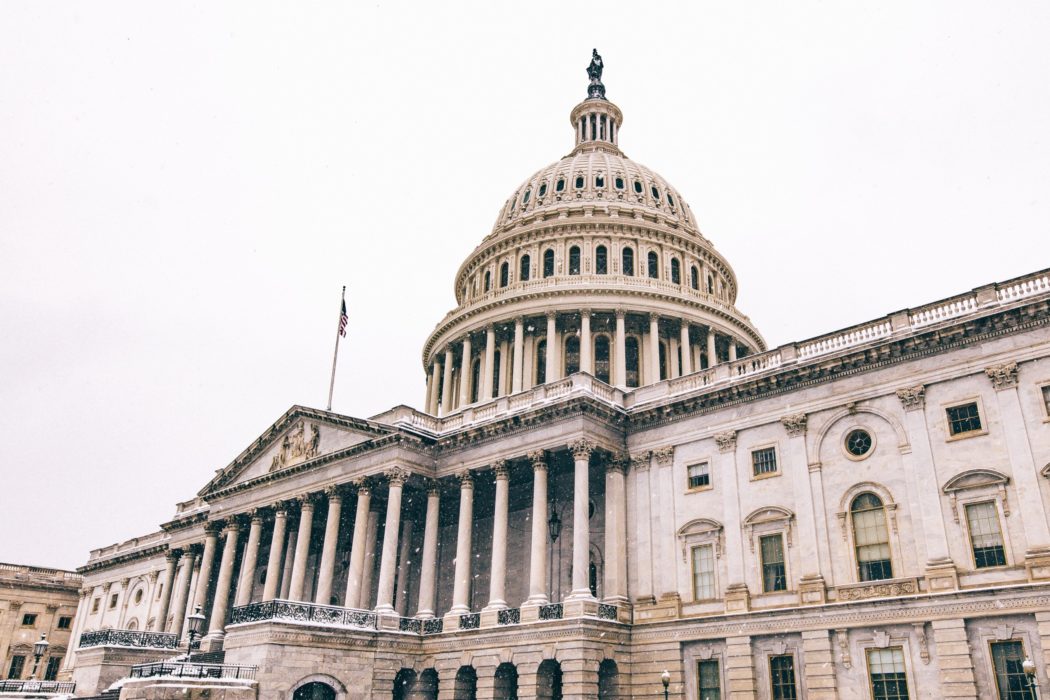
By Anthony Kaylin, courtesy of SBAM Approved Partner ASE
When an employee takes more time than was identified in an FMLA certification, can that trigger the FMLA recertification request? Under the Department of Labor’s regulations, “[i]f the medical certification indicates that the minimum duration of the condition is more than 30 days, an employer must wait until that minimum duration expires before requesting. Three exceptions to this rule are specified in the regulations with the one being, if the “[c]ircumstances described by the previous certification have changed significantly[,]” an employer may request recertification before 30 days.
Depending on the answer, an FMLA interference claim may arise. The case of Whittington v. Tyson Foods, Inc., No. 20-3518 (8th U.S. Circuit Court of Appeals, 12/29/21) provides an example when an employee tried but lost when asserting such a violation of their FMLA rights because of a request for recertification.
Whittington worked at Tyson from July 2016 to March 2018. Whittington was diagnosed with depression and anxiety. After consulting with his human resources (“HR”) supervisor, Whittington requested FMLA leave on August 3, 2017. Whittington’s psychiatrist, Dr. Mary Beegle, certified his FMLA leave from August 3 to August 13, 2017. Dr. Beegle further stated that Whittington would continue to suffer episodes of anxiety and depression, lasting four to five days per episode, once or twice every one to two months for the next twelve months. Tyson approved Whittington’s August leave request and further approved Whittington to take FMLA leave on an intermittent basis going forward under Dr. Beegle’s certification.
After Whittington returned to work on August 13, he submitted a Return to Work Certification form completed by Dr. Beegle. In this certification, Dr. Beegle indicated Whittington could return to work without any restriction. Whittington continued to use Dr. Beegle’s certification for approved intermittent FMLA leave on September 28, October 3, December 4, and December 5, 2017. Whittington again requested FMLA leave from December 8 to December 18, 2017, which Tyson also approved. Whittington continued to use intermittent FMLA leave on December 20 and December 21, 2017, and January 3, January 4, January 31, and February 1, 2018.
Between February 12 and March 5, 2018, Whittington called Tyson’s automated attendance hotline every morning to report he was unable to work. On March 6, 2018, Whittington returned to Tyson after missing 16 consecutive workdays. He requested the absences to be forgiven because the doctor was reworking out the dosages of the medications he was taking. Whittington then applied and was approved for additional FMLA time off between February 19 to March 9, 2018. He had until March 21, 2018, to provide the updated paperwork. Yet, as the routine went, Whittington called Tyson’s absence hotline from March 7 to March 14, 2018, to report he was unable to work. But those calls stopped on March 14, 2018. Whittington’s HR supervisor and other supervisors unsuccessfully attempted to contact Whittington multiple times. Whittington also failed to return the paperwork by March 21st.
Whittington was terminated. Under Tyson’s Attendance policy, “[t]hree (3) consecutive days absent without notifying the Company [is] considered Job Abandonment.” Tyson’s Leave of Absence policy also stated that “[t]ermination of employment may occur if a Team Member does not return to work at the end of the approved [leave of absence]” or “if the person fails to obtain an extension of the Leave prior to its expiration[.]”
Whittington sued Tyson asserting multiple claims, including one for FMLA interference. The trial court granted summary judgement to Tyson, and the 8th Circuit Court of Appeals affirmed the dismissal of the lawsuit. Whittington asserts Tyson interfered with his FMLA rights by requiring recertification from Dr. Beegle in March 2018. It is undisputed that an employer may require certification from an employee’s healthcare provider to support an FMLA leave request and, “on a reasonable basis,” request recertification.
Tyson’s March 2018 recertification request came before the minimum duration of Whittington’s condition expired—one year after Dr. Beegle’s December 2017 certification and before the six-month minimum allowed per the regulations. This recertification request was reasonable because there was a significant change in the circumstances of Whittington’s absences. Previously the leave would be taken in four-to-five-day increments but the February 12 to March 5, 2018, leave was 16 consecutive days long – three times the time specified by Dr. Beegle.
The court then ruled that as a result, Tyson’s request for recertification was reasonable as a matter of law and did not interfere with Whittington’s FMLA rights.
For HR, the takeaway is that a change in time off deviating from the certification may trigger a recertification request. When time off deviates, HR should discuss next steps with legal counsel.